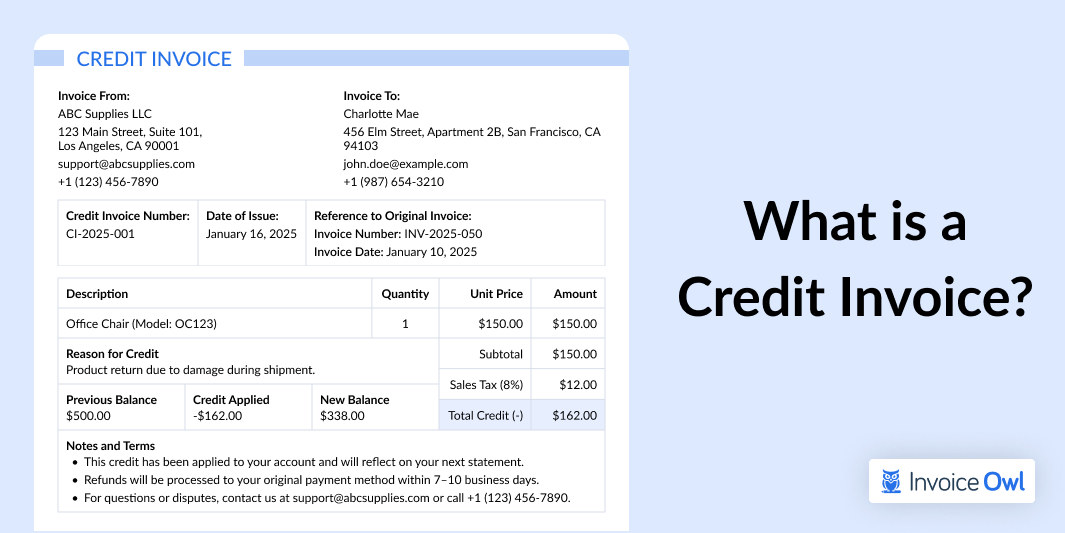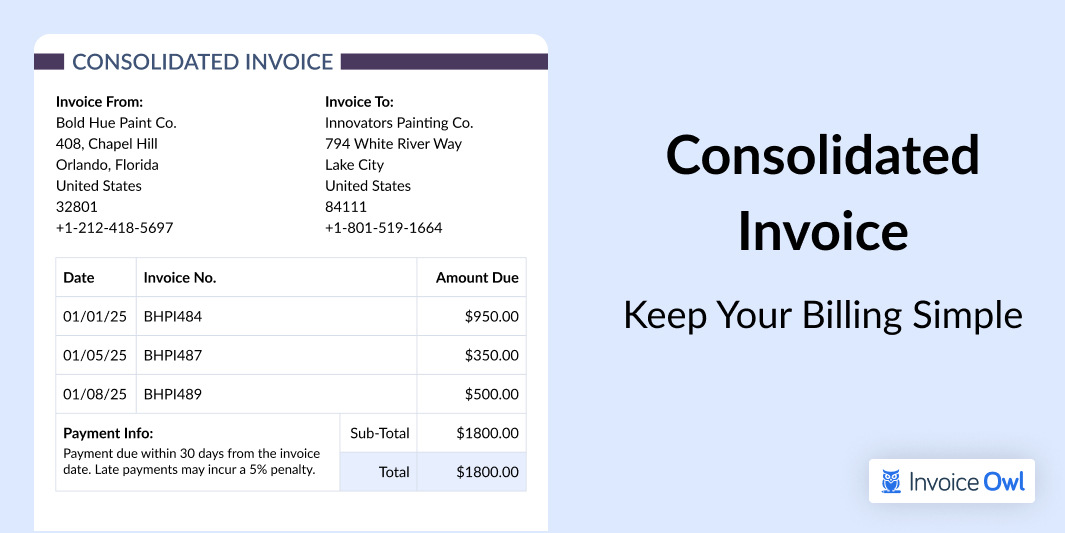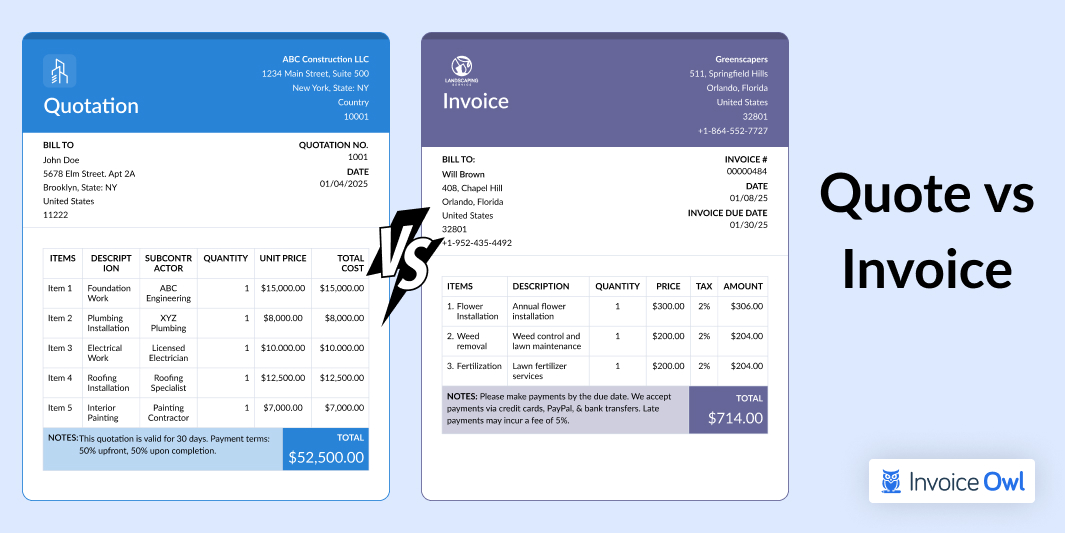
Resolving invoice disputes is like dancing on thin ice. One wrong move and you can lose the payment forever.
Disputed invoices can make a big hole in your pockets. So, you should always try to stay away from invoice disputes for good financial health.
But don't take our word for it.
According to recent statistics, 61% of late payments stem from invoice disputes, and 64% of SMBs face delayed payments as a result of such challenges.
So, don't you want to know how to resolve an invoice dispute? Continue reading this blog!
What You'll Learn
- 01Understanding what invoice disputes are and common scenarios that trigger them
- 02Six key causes of invoice disputes including accounting errors and miscommunication
- 03How disputes impact cash flow, client relations, and business reputation
- 04Five effective strategies for resolving disputed invoices professionally
- 05Practical prevention methods to avoid future invoice disputes
- 06When to escalate disputes and seek legal assistance
Understanding Invoice Disputes
The invoice disputes are crucial to understand for businesses operating across the U.S. to maintain compliance and avoid potential legal issues. Let's begin our discussion by decoding the idea behind invoice disputes in detail:
Definition of invoice disputes
An invoice dispute is an issue that arises when a customer disagrees with the invoice sent to him/her. In other words, a disputed invoice is an invoice with discrepancies between the statements in the invoice and the actual products/services delivered.
A customer disputes the invoice for a lot of reasons, and thus, it can happen to anyone, even to a successful business. And the best strategy to avoid invoice dispute management is by staying vigilant.
So, let's know more about the most common reasons for invoice disputes in a small-scale organization.
Common occurrences and scenarios
Here are some typical situations that lead to invoice disputes in small businesses:
Errors in invoice details:
- Incorrect pricing, taxes, or discounts applied.
- Typos in product/service descriptions.
Late or partial deliveries:
- Delays in fulfilling orders.
- Delivering fewer items than promised.
Unapproved changes:
- Scope creep or additional charges not agreed upon.
Unclear terms:
- Vague payment terms or service agreements.
Customer misunderstandings:
- Clients misinterpreting invoice details or forgetting agreed-upon terms.
Key Causes of Invoice Disputes
No matter how experienced a driver you are, you need to keep your eyes open while driving.
Similarly, while invoicing, no matter how long you have been in this line of work, you have to be watchful of a few causes of invoice disputes.
And to stay away from those causes, let's shed some light on them.
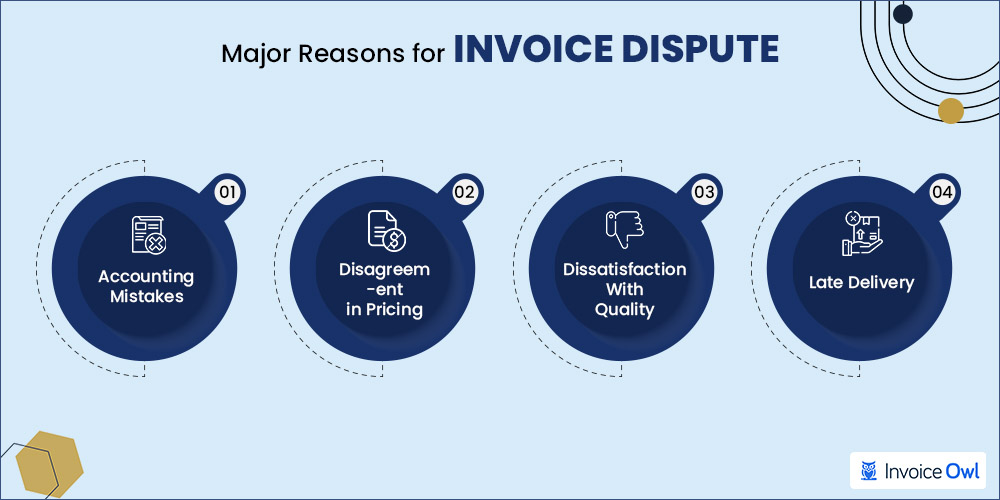
1. Accounting errors
When handling multiple purchase orders and sales receipts, it is quite common to mix up and make accounting errors, especially in recurring bills.
Believe it or not, silly invoicing mistakes like calculation errors, wrong invoice dates, wrong purchase orders, or fat-finger errors are more common than you think for any accounting system.
2. Pricing disagreements
If there is a discrepancy between the price in the quotation and the invoice, the resolution process of the invoice will not be smooth. These differences might be due to:
- A change in rates
- A change in the scope of the service, or
- Any hidden charges not mentioned in the agreement
If the customer is not notified about the same priorly, the invoice will likely be disputed.
3. Quality dissatisfaction
Another primary reason for a payment dispute is dissatisfaction with quality. If a vendor does not deliver the promised quality, customers may hold the transaction and not agree to pay the accounts payable.
Product vs. service quality issues
If the product sold is faulty or the service provider does not deliver services up to the mark, customers would not be willing to pay the agreed amount, and this causes an invoice dispute.
4. Delivery delays
Sometimes, the product or service the vendor provides is part of a larger manufacturing chain. Therefore, if the vendor delays the delivery, the entire manufacturing process gets affected.
In such cases, the delivery has to be made within a closed time limit. After which it does not make any sense.
For example, delivering a Christmas tree on the 1st of January is too late. The customer might not want it anymore, so why would they pay the invoice?
And when these causes result in an invoice dispute, it can cause damages to many companies in various aspects.
5. Miscommunication
It can happen that your client claims that he never agreed to the estimate for the order. Or you may not be aware of the payment received.
Thus, it is imperative to have proper contracts and communication channels in place. With these, you not just reduce such mistakes, but will also find if the claims of miscommunication made by your client are true or not.
6. Payment issues
It isn't always you. Sometimes the client may be unable to make a payment by the due date because of his financial constraints.
Such instances aren't rare. It happens very often and can affect the relationship with the client.
Impact on Small Business Operations
So, let's know how invoice dispute laws affect your small-scale enterprise.
61% of late payments stem from invoice disputes, directly affecting your business's cash flow and operational stability.
Financial implications
The first and foremost effect of a disputed invoice on the company is late payments. When invoice disputes happen, it delays the transaction until the issue is resolved. This disturbs the entire cash flow of the company.
Cash flow challenges
Accounts received are an asset, but even a huge figure in accounts does not mean anything when paying your employees and vendors. It makes credit management a tougher job than it should be.
The negative cash flow affects the business's overall performance and can even bring it to a halt.
Profit margin impact
The accounts receivable by customers is the biggest channel for revenue generation for small businesses and freelancers. If that pipeline gets clogged up, it takes a toll on the profit margin.
The cut in the profit margin makes managing working capital hard.
Client relations
Disputes may harm client trust and strain relationships, especially if resolution takes time or lacks transparency. Additionally, prolonged or frequent disputes may discourage clients from working with you again. A reputation for unresolved disputes can deter potential customers and partners.
Reputational damage
Last but not least, invoice dispute management dents your brand image, and the customer most probably would not like to work with you in the future. So, an invoice dispute may cost you a customer.
Moreover, if the customer wants, they can sue the firm for the difference in the stated and quoted amount in the invoice.
Aren't these scary?
These were only some of the blows that invoice disputes to your business. But, relax! It's not the time to hit the panic button.
We are here with simple 5 methods to resolve invoice disputes for your business.
So, let's get right in.
Effective Strategies for Resolving Invoice Disputes
When we say it is quite common to have an invoice dispute, most businesses have been through it at some point in time. And if tackled wisely with best practices, it can be resolved smoothly without having to face any consequences.
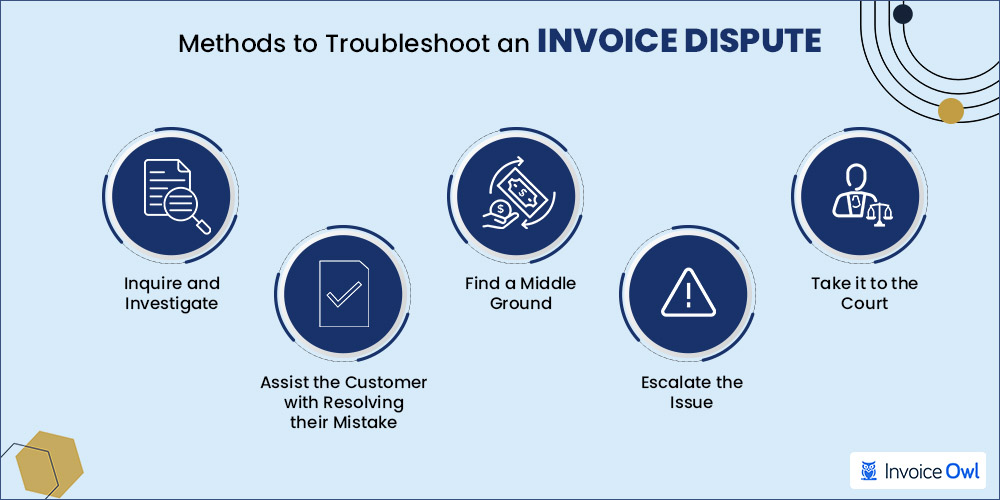
Want to know how?
Follow the below 5 simple strategies to get your invoice out of the dispute.
1. Initial investigation
The first and foremost thing to be done whenever you face a disputed invoice is to inquire and investigate. You would want to talk to the customers and know their concerns and why they are disagreeing with processing the accounts payable.
Once you receive communications and know the reason, investigate the money issues. Investigate internally and find out the error in the invoice.
Now, the error you find must be either of the two types:
- The error you made
- The customer is mistaken
If the error is from your side, convey the customer and make sure you edit the invoice and remove the error immediately.
And if it is the latter, it leads to the next step.
2. Customer assistance and service
Errors are natural, and they happen. Therefore, when you find the customer's mistake is the reason for the dispute, you would not want to corner them straight away.
Remember that mistakes can happen to anyone. So be gentle when letting them know their mistake. Then, guide them to resolve the error and process the accounts payable.
This approach not only gets you paid but elevates customer satisfaction too.
3. Negotiation tactics
Imagine an invoice is under dispute. The customer does not agree to pay the amount, and the business owner needs the cash flow in. So, what would he or she do?
Mind that you have both the customer relationships and the business to protect. This calls for finding a middle ground and presenting more information.
You have to calculate a certain number and think about how much this customer means to your business. How much you can compromise for this deal?
Finding middle grounds
Now, think from the customer's point of view. This can only be done when you have listened to the customer thoroughly. This will bring you to a solution that benefits both parties.
Moreover, it's good that you have come up with a brilliant solution, but don't push it on the customer. Instead, offer the solution more as an option. This cooperation and flexibility might help you improve customer loyalty.
4. Escalation protocols
There are times when you can not come up with a solution that both parties agree to. In such cases, you need to take the hard step and risk losing the customer. If you think the disputed invoice needs more attention, don't hesitate to escalate the issue.
Remind the customer about the payment and non-payment terms and notify them about your legal rights.
You might want to involve the third-party collection services for further proceedings for chasing payments.
5. Legal considerations
If still, you are not able to resolve the disputed invoice, it's time to dial your lawyer. Although you can file a lawsuit without hiring a lawyer, it is not recommended.
The lawyer will charge you his/her legal documents' fees but make sure that all the legal advice and steps are strictly followed so that your case is not rejected based on a technicality.
Before using the customer, ensure you thoroughly review the contract and check for the supporting documents.
Make an email communication to the customer and notify them that they have passed the due date (X) days ago. And allow them the payment duration limit mentioned in the contract to fix the mistake.
While filing the lawsuit, get the billing process model right so that you don't end up paying more than the accounts receivable.
Preventing Future Disputes
Prevention is better than cure - the saying remains valid in this scenario as well. Let's quickly go through the possible methods you can consider to protect yourself and your business from any damage.
Maintain thorough records
Maintaining supporting documents helps you avoid billing discrepancies. Refer to purchase order numbers, quotations, credit notes, and other supporting documentation to create and send invoices with accuracy and precision.
Enhance communication strategies
Staying in constant touch with the clients over phone calls helps clients with any issue regarding the invoice. Thus, you can resolve the issue before clients dispute an invoice.
Implement invoicing software solutions
Switch to electronic invoicing with software like InvoiceOwl. It is the easiest way to avoid invoice discrepancies or disputes. InvoiceOwl eliminates the room for silly mistakes such as:
- Calculation mistakes
- Wrong invoice date
- Discrepancies in the line item description
- Sending invoices to the wrong billing address
Clear contracts and agreements
Handshakes do not work anymore. Instead, send a quotation and sign a contract stating all the details, such as:
- Quality expectations
- Delivery time
- Quoted price
- Payment methods
- Currency
- Agreed due date
The contract also should mention the provisions if invoicing disputes arise. This will make you eligible to take legal action.
Eliminate Invoice Disputes with InvoiceOwl
Create accurate, professional invoices with built-in error prevention. Join thousands of businesses that have reduced disputes and improved cash flow.
Start Your Free TrialFrequently Asked Questions
It highly depends on the parties involved. The period for which the customer has to present the invoice that is in dispute depends on the agreement made at the start of the collaboration.
A disputed invoice is an invoice that a customer refuses to process and make a payment because of any reason.
To resolve a disputed invoice, start by checking your purchase order and ensuring it matches the quotation you received. If discrepancies are found, send an invoice dispute letter outlining the issues. Request the necessary corrections and provide your contact information to facilitate further communication.
It depends on the nature of the discrepancy. If it is an honest mistake such as a calculation error, or a misplaced decimal in the disputed amount, which can be corrected immediately, you need to pay the undisputed amount.
A disputed invoice is due to faulty invoices or dissatisfactory relations between the vendor and the customer. Whereas unpaid invoices are the invoices yet to be paid by the customer. The tactics for handling unpaid invoices and disputed invoices are entirely different.
The legal implication is failing to resolve disputes that can lead to severe legal consequences such as breach of contract claims, damage to reputation, or legal fees. Thus, proper documentation helps mitigate these risks.
The timeline varies based on the complexity of the dispute. Simple errors might be resolved in hours or days, while larger disputes over delivery or quality may take weeks or months, especially if legal mediation is required.
Conclusion
As a business owner, you should never neglect disputed invoices. And with the methods we have shared with you, tackling them will be much easier.
But to reduce such disputes, we highly recommend you go digital your entire invoice creation process.

